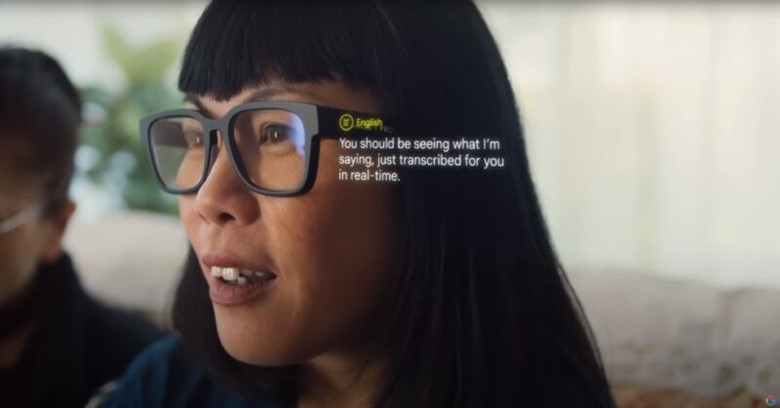Google appears to have placed its AR glasses, which have been in development, in a case and snapped it firmly closed. Reports to this effect have been swirling around, though Google has not commented. If accurate, this would make a failed third attempt at glasses, although to be fair, its two earlier offerings did get to market before they, too, were shelved. Code-named Project Iris, this latest effort assumed the form of prescription-like glasses. However, Google does not seem to be scrapping all its development efforts in this realm, as the company still has some tricks up its sleeve in the XR software game.

If you are waiting for Google’s re-entry into the world of AR displays, you might want to rethink that decision. Everyone is calling it (except for Google, which has been quiet on the matter), and no product will be forthcoming. Although with Google’s track record in this area, just how permanent this will be is anyone’s guess.
Google has tried not once (Google Glass), not twice (Google Glass Enterprise), but three times (Project Iris) to develop AR glasses that the public saw as a worthy offering. Their third time wasn’t a charm. Google’s more recent go at it was with a product code-named Project Iris. Little was known about it, though there was conjecture and rumor. But in May 2022 at Google I/O, the company provided a glimpse of those glasses in a video, and the prototype looked like a pair of prescription glasses.
At the time, the industry was in the middle of an AR arms race among Google, Meta, and Apple, and Qualcomm too. Meta was the first to show its hand with the Meta Quest Pro mixed reality headset, released last fall. Apple finally unveiled its entry, the long-awaited Apple Vision Pro in a “you can see it, but you can’t have it until next year” reveal. Less than a month after the Apple show-and-tell comes the reports that Google has pulled the plug on Project Iris.
The Project Iris team had been sailing in rough seas and taking on water. Google started the new year in 2023 by announcing massive layoffs across the company. At the time, CEO Sundar Pichai’s email to employees (at least they didn’t have to Google the news) underlined company support and value for AI: “We have a substantial opportunity in front of us with AI across our products and are prepared to approach it boldly and responsibly.” Nevertheless, a wave of layoffs hit the group, and senior people in the AR/VR group began exiting, including Clay Bavor, who started and led Google’s AR/VR effort before leaving, and lauded engineer Kurt Akeley, who retired.
However, don’t believe for a minute that this is the end for Google’s association with AR, as Google is said to be turning its attention from hardware to software, and taking a move from its Android playbook with plans to build and license a platform to headset vendors.
And then there is the partnership among Google, Samsung, and Qualcomm on a mixed-reality headset that was briefly discussed by executives from all three companies during Samsung’s Galaxy Unpacked event. That partnership is still in play (there has been no news to the contrary), and Google confirmed in May 2023 that the forthcoming Samsung XR headset will run on Android, validating the notion that Google is building an Android XR platform and giving credence to reports that it is building a so-called micro-XR platform for smart glasses.
Perhaps in the future, Google will make another run at AR/XR with a device of its own. Remember the adage “if at first you don’t succeed, try, try again.”